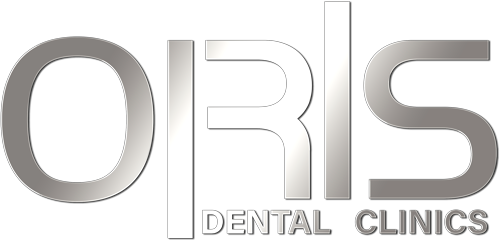Jaw surgery, also called orthognathic surgery, fixes problems with the way the jaw bones fit together and moves the jaws and teeth to make them work better. Making these adjustments could also help your facial look.
If you have jaw issues that orthodontics cannot treat, jaw surgery may be a possibility for you. Most of the time, you also have to wear braces on your teeth before surgery and while you heal from surgery until your teeth are in the right place. Your oral and jaw, and face (maxillofacial) surgeon can work with your orthodontist to figure out the best way to treat you.
Jaw surgery is necessary once growth stops. It typically occurs between the ages of 14 and 16 for girls and 17 and 21 for males.
What Are the Different Types of Jaw Surgeries?
Jaw surgery fixes problems that make your jaws stick out too far or not far enough, which makes your face look out of balance. Jaw surgery comes in three forms:
A Maxillary Osteotomy
When your upper jaw protrudes too much or too little, you need this procedure. Maxillary osteotomy can also fix a crossbite or an open bite.

A Mandibular Osteotomy
When your lower jaw sticks out too much or not enough, you need this surgery to fix the problem.

When you need surgery on both jaws at the same time, the procedure is a bilateral osteotomy or double-jaw surgery.
What Are the Benefits of Orthognathic Surgery?
When your lower and upper jaws don’t line up, you can have surgery to fix the problem. Likewise, if orthodontic treatment hasn’t helped, you can have surgery on your jaw.
What Should I Anticipate if I Decide to Get Orthognathic Surgery?
Orthognathic Surgery is a major surgery done under general anesthesia and is usually safe. The surgery usually requires a few days in the hospital and 4 to 6 weeks of time off from work to heal. After surgery, a splint may be attached to your upper teeth to help guide your bite.
For a few weeks, your teeth will be tied together to make sure your bite is stable and to give your jaws a break. You will also have to eat only liquids. Face swelling and a smaller mouth opening are common side effects of surgery. These usually go away in a few weeks.
Will I Need to Get Orthodontic Treatment before My Jaw Surgery?
Yes. Your orthodontist will fix your mouth and teeth, so they are ready for your new jaw. To do this, they might have to take out some teeth and put braces on others. If you do need braces, you’ll probably wear them for one year before your surgery, during your surgery, and for a few months after your surgery.
Your Oral and Maxillofacial Surgeon at ORIS Dental Clinics in Richmond Hill, Ontario, will thoroughly evaluate your facial anatomy and discuss what procedures might best remedy your concerns. Contact us today for a consultation or book an appointment on our website.




